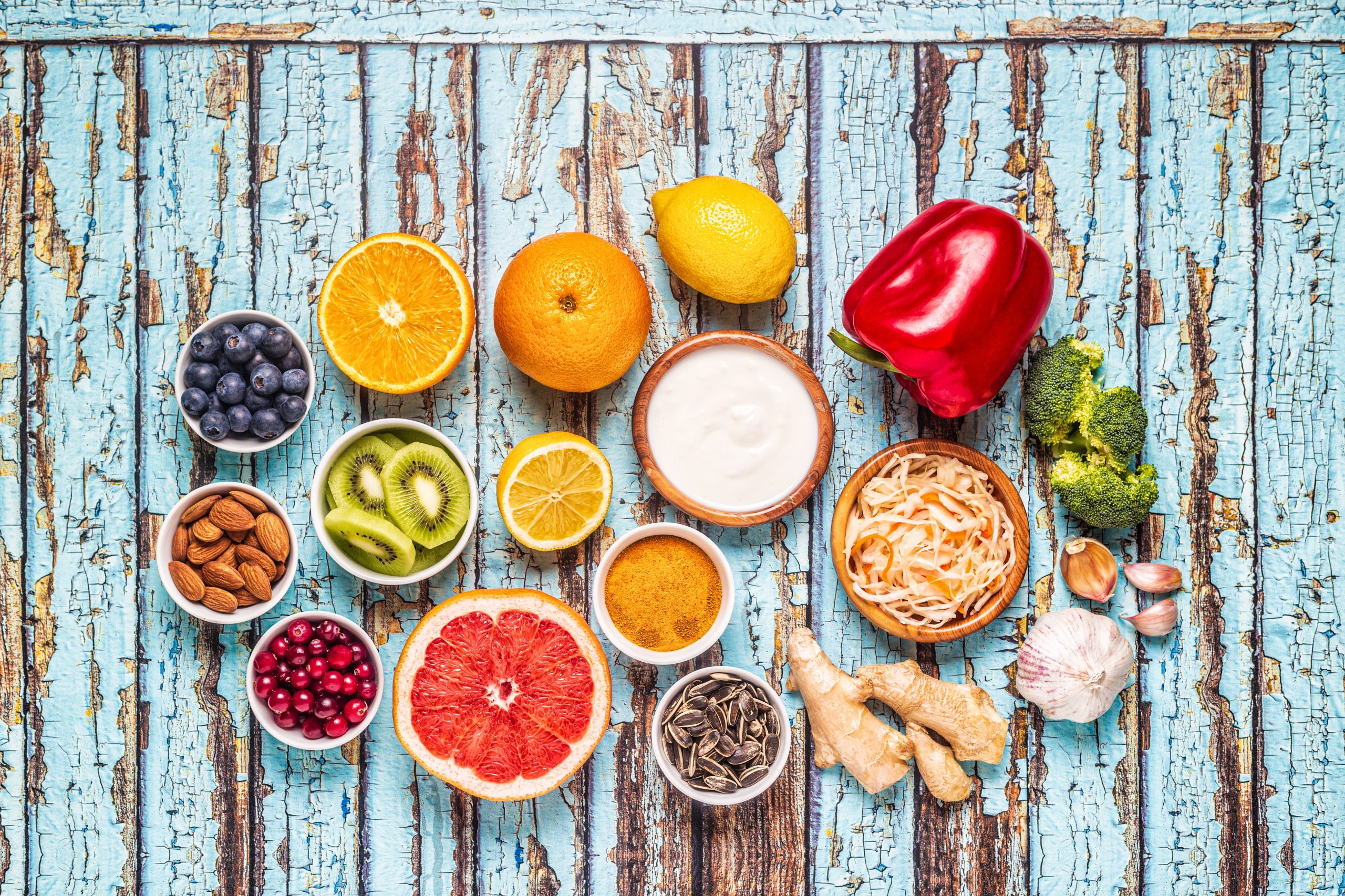
In today’s health-conscious world, fats have been both demonized and celebrated. The past few decades have taught us the detrimental effects of consuming trans fats and processed oils. However, as new research unfolds, the significance of healthy fats in our diets has become increasingly clear. It is crucial for us to understand and embrace the power of these healthy fats. This is a journey of not just improving our physical health but also elevating our overall wellbeing. So, let’s delve into the world of healthy fats and explore how to incorporate them into your meals.
Understanding Healthy Fats
First, let’s clarify what we mean by “healthy fats.” Not all fats are created equal. Healthy fats typically refer to monounsaturated and polyunsaturated fats. The most widely discussed healthy fats include omega-3 and omega-6 fatty acids. These fats play fundamental roles in brain health, hormone regulation, and inflammation reduction.
Monounsaturated fats are found in foods like avocados, nuts, and olive oil, while polyunsaturated fats are abundant in sources like fatty fish, walnuts, and flaxseeds. These fats are considered heart-healthy because they can improve cholesterol levels, reduce inflammation, and contribute to overall cardiovascular health.
The Health Benefits of Including Healthy Fats
Incorporating healthy fats into your diet provides numerous benefits that contribute to a healthier lifestyle:
1. Cardiovascular Health: Healthy fats, especially omega-3 fatty acids found in fish like salmon and mackerel, are known for promoting heart health. They aid in reducing bad cholesterol levels, maintaining good cholesterol, and stabilizing heart rhythms.
2. Brain Health: Our brains are nearly 60% fat. Essential fatty acids are vital for cognitive functions and emotional health. Omega-3 fats play a significant role in maintaining neural pathways and are linked with reducing symptoms of depression and anxiety.
3. Weight Management: Contrary to past beliefs that all fats lead to weight gain, healthy fats can actually aid in weight management. They provide satiety, reducing the likelihood of overeating. Including moderate amounts of healthy fats in meals can help keep you full and satisfied, sustaining energy levels throughout the day.
4. Nutrient Absorption: Certain vitamins, such as vitamins A, D, E, and K, are fat-soluble, meaning they require fat for absorption. Including healthy fats ensures you’re getting the most out of the nutrients in your food.
5. Inflammation Reduction: Chronic inflammation is a precursor to many common health issues, such as arthritis, diabetes, and heart disease. Omega-3 fatty acids contribute significantly to reducing inflammation.
How to Incorporate Healthy Fats into Your Meals
Now that we understand the benefits, let’s explore some practical ways to incorporate healthy fats into everyday meals:
1. Breakfast Boosts
Breakfast is an excellent opportunity to incorporate healthy fats. Consider these ideas:
– Avocado Toast: Swap butter or margarine for avocado. Top whole-grain toast with mashed avocado, a sprinkle of salt, and some seeds for an added crunch.
– Nutty Oatmeal: Enhance your morning oatmeal with a spoonful of almond or peanut butter. Add some flaxseeds or chia seeds for an omega-3 boost.
– Smoothie Addition: Add a tablespoon of flaxseed oil or chia seeds to your morning smoothie for sustained energy.
2. Lunch Enhancements
Lunchtime provides another chance to reinforce your intake of healthy fats:
– Salad Dressings: Make your own salad dressings using olive oil or avocado oil. Add lemon juice, balsamic vinegar, and your favorite herbs for a fresh, healthy dressing.
– Grain Bowls: Top your brown rice or quinoa bowl with a serving of sliced almonds or walnuts. Add avocado cubes for extra creaminess.
– Sandwich Fillings: When making a sandwich, use hummus or guacamole as a spread instead of mayonnaise.
3. Delicious Dinners
Dinner is usually the most substantial meal of the day, a time to emphasize nutrient-rich foods:
– Roast Vegetables: Toss your veggies with olive oil before roasting. Not only does it add flavor, but it also aids in absorbing the vegetables’ nutrients.
– Seafood Dishes: Include fish like salmon or mackerel at least twice a week. Grill, bake, or even make a nutritious fish stew.
– Stir Fry: Use sesame oil or peanut oil for cooking your stir fry. Add a variety of vegetables, tofu, or lean meat.
4. Smart Snacking
Healthy snacking can also be a great opportunity to incorporate healthy fats:
– Nuts and Seeds: Keep a mix of nuts and seeds with you for a convenient snack. Almonds, walnuts, and pumpkin seeds are excellent choices.
– Dark Chocolate: Enjoy a few squares of dark chocolate, which is rich in healthy fats and antioxidants.
– Greek Yogurt: Add some walnuts or slivered almonds on top of Greek yogurt for a nutritious snack.
Mindful Consumption
While healthy fats offer numerous health benefits, moderation is key. All fats are calorie-dense, so be mindful of portion sizes. Aim for balance, ensuring that healthy fats complement a diet rich in a variety of nutrients.
Conclusion
Incorporating healthy fats into your meals is a simple yet powerful way to enhance your health. With their myriad benefits ranging from cardiovascular health to weight management, these fats deserve a prominent place in your dietary regimen. By making mindful choices and exploring diverse and delicious options, you can enjoy the benefits of healthy fats while savoring the flavors of your meals. Remember, it’s not just about reducing unhealthy fats, but embracing and celebrating the role that healthy fats play in achieving optimal wellness.




